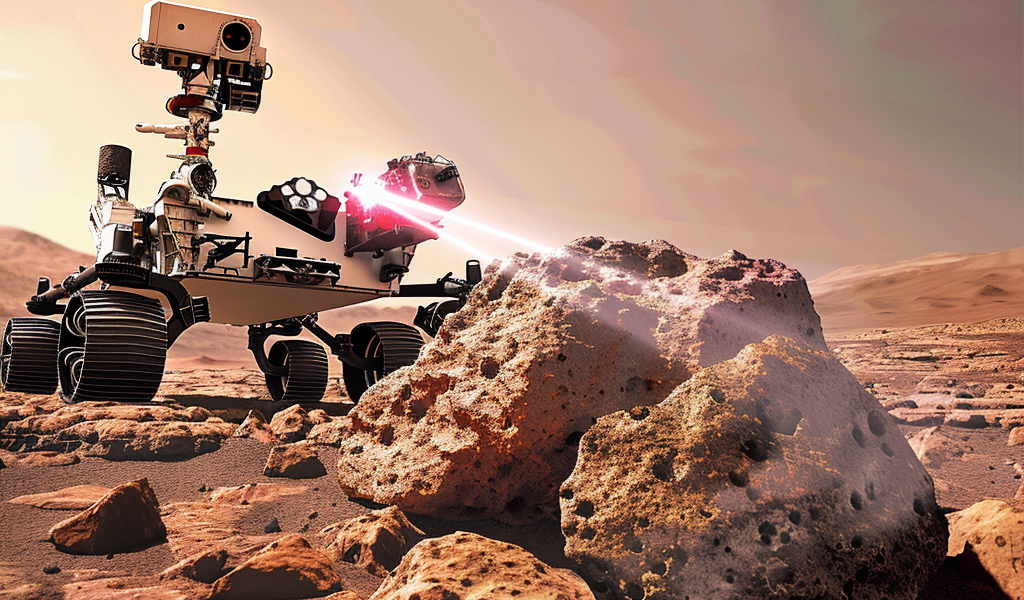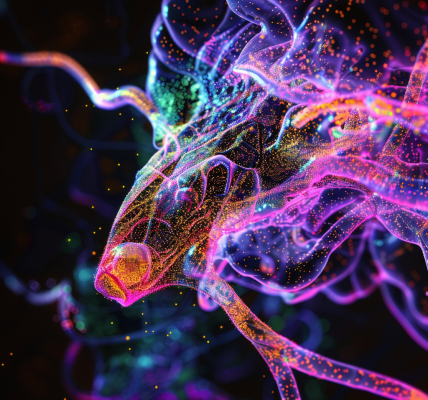NASA has been at the forefront of space exploration for decades, and now they are incorporating artificial intelligence (AI) into their missions to study Mars. While concerns exist about the potential dangers of AI, its benefits are evident in enhancing our exploration of space.
For the past eight years, NASA has been utilizing AI on its rover missions on Mars, namely Curiosity and Perseverance. These rovers, despite requiring human input for daily commands, have been equipped with ‘digital smarts’ through AI technology. This advancement allows the rovers to operate more efficiently, maximizing productivity during their missions.
Curiosity, which landed on Mars in 2012, received an AI upgrade in 2016. The AEGIS software enables the rover to independently select rocks of interest for analysis using its laser and ChemCam. This autonomous decision-making capability saves valuable time by eliminating the need for constant instructions from Earth.
In 2020, NASA launched the Perseverance rover with the PIXL instrument, powered by AI. This precision X-ray device autonomously identifies minerals in rocks, streamlining the process of scientific investigation on Mars. The ‘adaptive sampling’ software on Perseverance allows PIXL to analyze real-time data and focus on specific mineral targets for further scrutiny.
Raymond Francis, lead system engineer for AEGIS on Curiosity, emphasized the importance of AI in space exploration, stating, ‘Time is precious on Mars.’ The integration of AI technology not only enhances the efficiency of current missions but also paves the way for future ‘smart’ spacecraft that can explore planets autonomously.
With NASA’s commitment to advancing AI capabilities in space exploration, the possibilities for uncovering new discoveries on Mars and beyond are endless. The marriage of artificial intelligence and space exploration is propelling humanity into a new era of scientific exploration and discovery.





